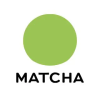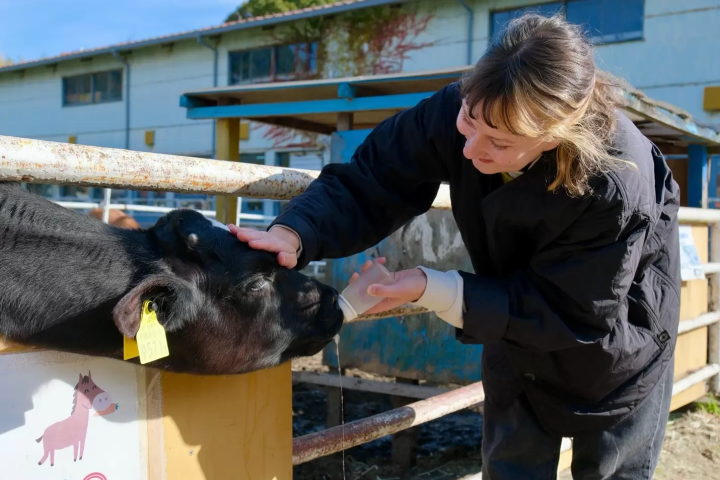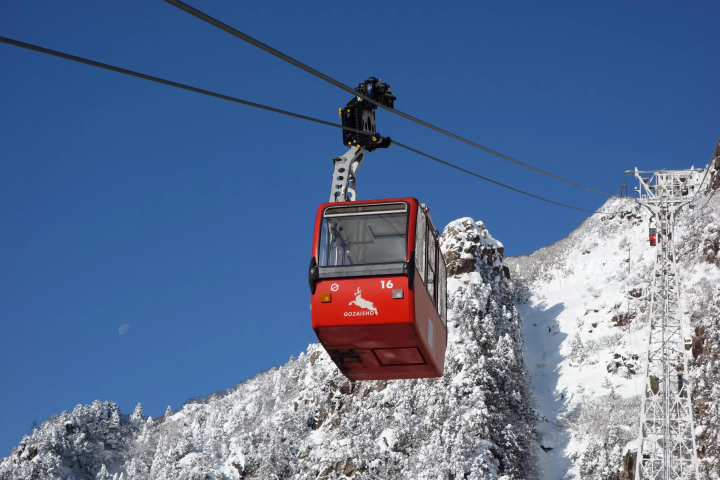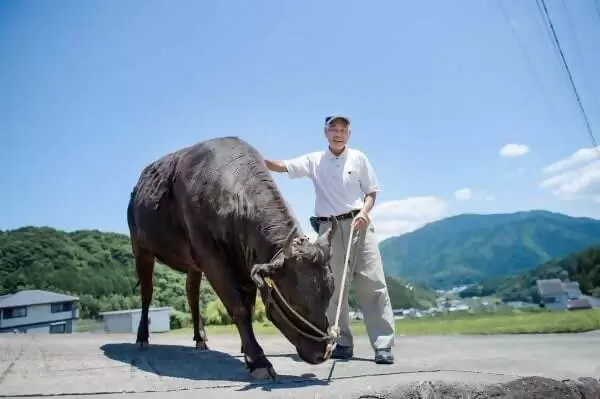[Tono, Iwate] A unique winter event to taste local muddy sake "Doburoku" at a cultural asset the know know about?
![[Tono, Iwate] A unique winter event to taste local muddy sake "Doburoku" at a cultural asset the know know about?](https://resources.matcha-jp.com/resize/720x2000/2023/11/14-152345.webp)
Do you know the Tono Dobekko Festival, an event held every fall and winter in Tono City, Iwate Prefecture? ``Dobekko'' is the word for ``Doburoku'' in the Tono region. ``Doburoku'' is an alcoholic beverage made from rice, and is also called the prototype of Japanese sake. This article introduces the Tono Dobekko Festival, where you can fully enjoy the charm of Tono while enjoying delicious Doburoku.
-
Table of Contents
- Why is Tono famous for “Doburoku” in the first place?
- Point 1: Enjoying Doburoku and meals in an old folk house that is a designated cultural property is exceptional!
- Point 2: Enjoy Tono's entertainment!
- Point 3: Includes a shuttle bus from Tono Station
- "Tono Dobekko Festival" in winter
Why is Tono famous for “Doburoku” in the first place?
Do you know the Tono Dobekko Festival, an event held every fall and winter in Tono City, Iwate Prefecture? ``Dobekko'' is the word for ``Doburoku'' in the Tono region. ``Doburoku'' is an alcoholic beverage made from rice, and is also called the prototype of Japanese sake.
In Tono, which is located in a cold mountainous area, families have enjoyed making Doburoku since ancient times.
During the Meiji period, a liquor tax was enacted and home brewing was prohibited, but in 2002, the so-called "Doburoku Special Zone" was established, allowing the production and sale of Nodoburoku within certain areas.
![[Tono, Iwate] A unique winter event to taste local muddy sake "Doburoku" at a cultural asset the know know about?](https://resources.matcha-jp.com/resize/720x2000/2023/11/14-152346.webp)
Because Tono City originally had a foundation for Doburoku culture, it was the first city in the country to receive this special zone certification and became the ``Doburoku Special Zone No. 1.''
In response to this deregulation, doburoku brewing began in Tono City at lodging facilities such as farmhouses and guesthouses. The National Doburoku Research Conference, which has been held every year since 2006, has been selected as the venue three times since the first time, the most ever.
What is the difference between nigori sake and doburoku?
At first glance, ``nigorizake'' and ``doburoku'' may seem to be the same thing. Do you know the difference? In fact, according to the Liquor Tax Act, ``nigorizake'' is classified as refined sake, and ``doburoku'' is classified as other brewed alcoholic beverages.
Although the brewing process for these two types of sake is almost the same, there is one major difference. It is decided that ``Doburoku'' should not be filtered from beginning to end. Brewing with rice produces what is called "sake lees," which is thick and porridge-like. ``Nigori sake'' is made by straining this sake lees to some extent. In comparison, Doburoku is not strained due to manufacturing regulations. This gives it a unique squishy feel!
Point 1: Enjoying Doburoku and meals in an old folk house that is a designated cultural property is exceptional!
![[Tono, Iwate] A unique winter event to taste local muddy sake "Doburoku" at a cultural asset the know know about?](https://resources.matcha-jp.com/resize/720x2000/2023/11/14-152347.webp)
Tono Furusato Village is dotted with traditional houses from the former Nanbu domain called Nambu Magariya. The scenery in the village makes you feel as if you have wandered into the world from the Edo to Meiji eras. It is also a filming location for many period dramas and historical dramas. I entered the scene and headed for the venue.
![[Tono, Iwate] A unique winter event to taste local muddy sake "Doburoku" at a cultural asset the know know about?](https://resources.matcha-jp.com/resize/720x2000/2023/11/14-152349.webp)
At night, Magariya has an atmosphere that makes you feel like you have traveled back in time. The beloved horse in the village, Shirayuki, will welcome you.
![[Tono, Iwate] A unique winter event to taste local muddy sake "Doburoku" at a cultural asset the know know about?](https://resources.matcha-jp.com/resize/720x2000/2023/11/14-152352.webp)
![[Tono, Iwate] A unique winter event to taste local muddy sake "Doburoku" at a cultural asset the know know about?](https://resources.matcha-jp.com/resize/720x2000/2023/11/14-152351.webp)
The venue is the largest liver roast house in the hometown village. This historic house was built in the Edo period and is a registered tangible cultural property of the country. Here, you will enjoy doburoku and delicious food as if you are reliving the banquets that were held in the village of Tono! Cheers!
![[Tono, Iwate] A unique winter event to taste local muddy sake "Doburoku" at a cultural asset the know know about?](https://resources.matcha-jp.com/resize/720x2000/2023/11/14-152353.webp)
The food is a variety of local dishes prepared by local mothers. There are many items that are perfect for doburoku, such as nishime, which is eaten on auspicious occasions, and stewed yamame trout.
![[Tono, Iwate] A unique winter event to taste local muddy sake "Doburoku" at a cultural asset the know know about?](https://resources.matcha-jp.com/resize/720x2000/2023/11/14-152354.webp)
And here is the main dobekko! Raw doburoku that has not been pasteurized has a slight fizz. It has just the right amount of sweetness that spreads in your mouth, and is delicious enough to be enjoyed with food. The cup of tea goes on and on.
There was also a corner at the back of the venue where you could drink glasses of several types of doburoku brewed in various regions of the prefecture. In addition to tasting Tono's Doburoku, we were also able to taste and compare the different flavors of each region.
Of course, additional beer and non-alcoholic drinks can be purchased at the venue. If you can't drink alcohol, try some apple juice from Tono.
Point 2: Enjoy Tono's entertainment!
The best part of this festival is that you can enjoy Tono entertainment such as folk tales and Kagura while enjoying Toburoku.
![[Tono, Iwate] A unique winter event to taste local muddy sake "Doburoku" at a cultural asset the know know about?](https://resources.matcha-jp.com/resize/720x2000/2023/11/14-152355.webp)
First of all, a folk tale told by a folk tale teller from Tono will begin. They told us stories about a mischievous kappa and ``Oshirasama'', a tragic love story between a horse and a girl. The folk tales are told in the dialect and accent of the Tono region, and although there are some unfamiliar words mixed in here and there, the scenes from the stories come to mind.
Next was a Kagura performance by a local performing arts group from Tono City.
![[Tono, Iwate] A unique winter event to taste local muddy sake "Doburoku" at a cultural asset the know know about?](https://resources.matcha-jp.com/resize/720x2000/2023/11/14-152356.webp)
![[Tono, Iwate] A unique winter event to taste local muddy sake "Doburoku" at a cultural asset the know know about?](https://resources.matcha-jp.com/resize/720x2000/2023/11/14-152357.webp)
There are over 60 local performing arts groups in Tono City! At the Tono Dobekko Festival, a different group performs Kagura each time. It's such a luxury to be able to enjoy doburoku and local cuisine while watching traditional dances passed down from generation to generation in each region. The Tono Dobekko Festival is the only place where you can experience something like this.
Also, after the Kagura performance is over, it is ``Iki'' to wrap up the flowers and hand them over to express your gratitude for the performance. Some people prepared small envelopes in advance and gave them to them.
Point 3: Includes a shuttle bus from Tono Station
If you apply for the Dobekko Festival, you can ride a shuttle bus to Tono Furusato Village, the venue. The departure and arrival point is in front of Tono Station.
![[Tono, Iwate] A unique winter event to taste local muddy sake "Doburoku" at a cultural asset the know know about?](https://resources.matcha-jp.com/resize/720x2000/2023/11/14-152358.webp)
Since this is an event where you will be drinking alcohol, you can rest assured that there will be shuttle buses from downtown where many accommodation facilities are located. Even when traveling in a group, you don't have to worry about someone saying, "I can't drink because I'm a handle keeper!" Everyone can enjoy Doburoku together.
"Tono Dobekko Festival" in winter
At the Tono Dobekko Festival, you can enjoy Tono to your heart's content even in winter. This year, it will be held from November to February. Every year, there are some dates that are extremely popular and reach capacity, so please don't miss out!
![[Tono, Iwate] A unique winter event to taste local muddy sake "Doburoku" at a cultural asset the know know about?](https://resources.matcha-jp.com/resize/720x2000/2023/11/14-152359.webp)
*This season's "Tono Dobekko Festival" will be held all day and night.
*This experience report is based on the event held in January 2022. The contents may change every year.
●Schedule (6 times in total)
- Saturday, November 25, 2023, Saturday, December 2, 2023
- Saturday, January 20, 2024, Saturday, January 27, Saturday, February 17, Saturday, February 24, 2024
●Holding time (common)
17:00-19:00
●Venue
Tono Furusato Village Kidsen no Ie (reserved seating/table/chair seating)
●Contents
2 cups of special Doburoku + rural Tono cuisine, folk tales by a storyteller, and a performance of the local kagura performance
*Non-alcoholic beer and soft drinks are also available (separate charges apply)
●Fees
5,500 yen per person (Tono Furusato Village entry fee, doburoku, meals, transportation, consumption tax included)
●Capacity
Reservations required / limited to 40 people per session Please apply at least 5 days in advance.
●Transfer
We will operate a free shuttle bus between JR Tono Station and Tono Furusato Village. Please make a reservation at the time of application.
Departure: JR Tono Station 16:00 → Tono Furusato Village scheduled to arrive at 16:30
Return: Departs from Tono Furusato Village at 19:30 → Scheduled to arrive at JR Tono Station at 20:00
Enjoy Tono in winter at the Dobekko Festival! !
Details/Application
Tono Furusato Village Applications are accepted via the web form, telephone, or fax. Accommodation set plans are also available!
TEL: 0198-64-2300
Tono Furusato Village Official Website | About the 23rd Dobekko Festival
We are a regional trading company responsible for promoting local products and revitalizing tourism in Tono City, Iwate Prefecture. Tono is home to numerous legends about kappa and zashiki warashi, and is also home to an abundance of agricultural and livestock products that take advantage of its location in a basin, with one of the largest production volumes of hops used in beer in Japan. I'm proud. By interweaving Tono's people, goods, history and culture, we aim to create value unique to the region, refine the Tono brand, and revitalize the region.
The contents on this page may partially contain automatic translation.






























![[Recommended accommodation in Ureshino Onsen] 1.5 hours from Hakata Station! Enjoy Japanese tea and skin-beautifying hot springs at Saga Ureshino Onsen URESHINO YADOYA](https://resources.matcha-jp.com/resize/720x2000/2025/06/14-236549.webp)


![[Kagoshima] Overcoming 12 Years of Hardship: Walking through Minamisatsuma City, the sacred land where the monk Ganjin landed](https://resources.matcha-jp.com/resize/720x2000/2026/02/21-259481.webp)
